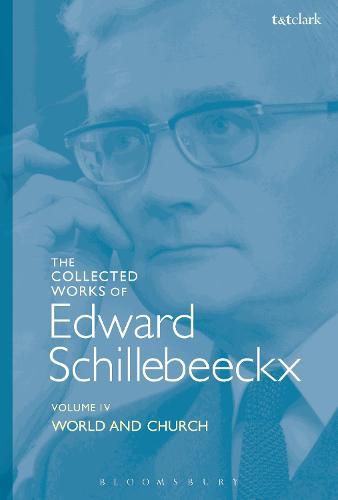Readings Newsletter
Become a Readings Member to make your shopping experience even easier.
Sign in or sign up for free!
You’re not far away from qualifying for FREE standard shipping within Australia
You’ve qualified for FREE standard shipping within Australia
The cart is loading…






World and Church deals with the conflict between religiosity and life in the world. Deliberately, Schillebeeckx turns around the order of the words in the idiom ‘church and world’, thereby stressing the embedding of faith and church life in particular contexts. In the first three chapters he reflects on this tension as he experienced it in burgeoning existentialism and debates between Catholics and Marxists in those turbulent years in Paris, where he was living immediately after World War II. It includes thoughts on pastoral work among the working class and the then popular pretres-ouvriers movement. He looks at some social problems and the mutual interrogation of believers and non-believers, also in light of the ideological compartmentalisation (‘pillarization’) evident in diverse spheres of European society: education, social work and health care. Schillebeeckx concludes by considering the responsibility of Catholic intellectuals and academics for the future of the world and the church, including the possible significance of a Catholic university
$9.00 standard shipping within Australia
FREE standard shipping within Australia for orders over $100.00
Express & International shipping calculated at checkout
World and Church deals with the conflict between religiosity and life in the world. Deliberately, Schillebeeckx turns around the order of the words in the idiom ‘church and world’, thereby stressing the embedding of faith and church life in particular contexts. In the first three chapters he reflects on this tension as he experienced it in burgeoning existentialism and debates between Catholics and Marxists in those turbulent years in Paris, where he was living immediately after World War II. It includes thoughts on pastoral work among the working class and the then popular pretres-ouvriers movement. He looks at some social problems and the mutual interrogation of believers and non-believers, also in light of the ideological compartmentalisation (‘pillarization’) evident in diverse spheres of European society: education, social work and health care. Schillebeeckx concludes by considering the responsibility of Catholic intellectuals and academics for the future of the world and the church, including the possible significance of a Catholic university